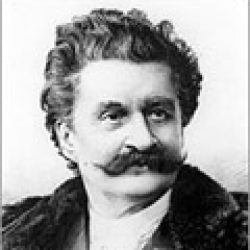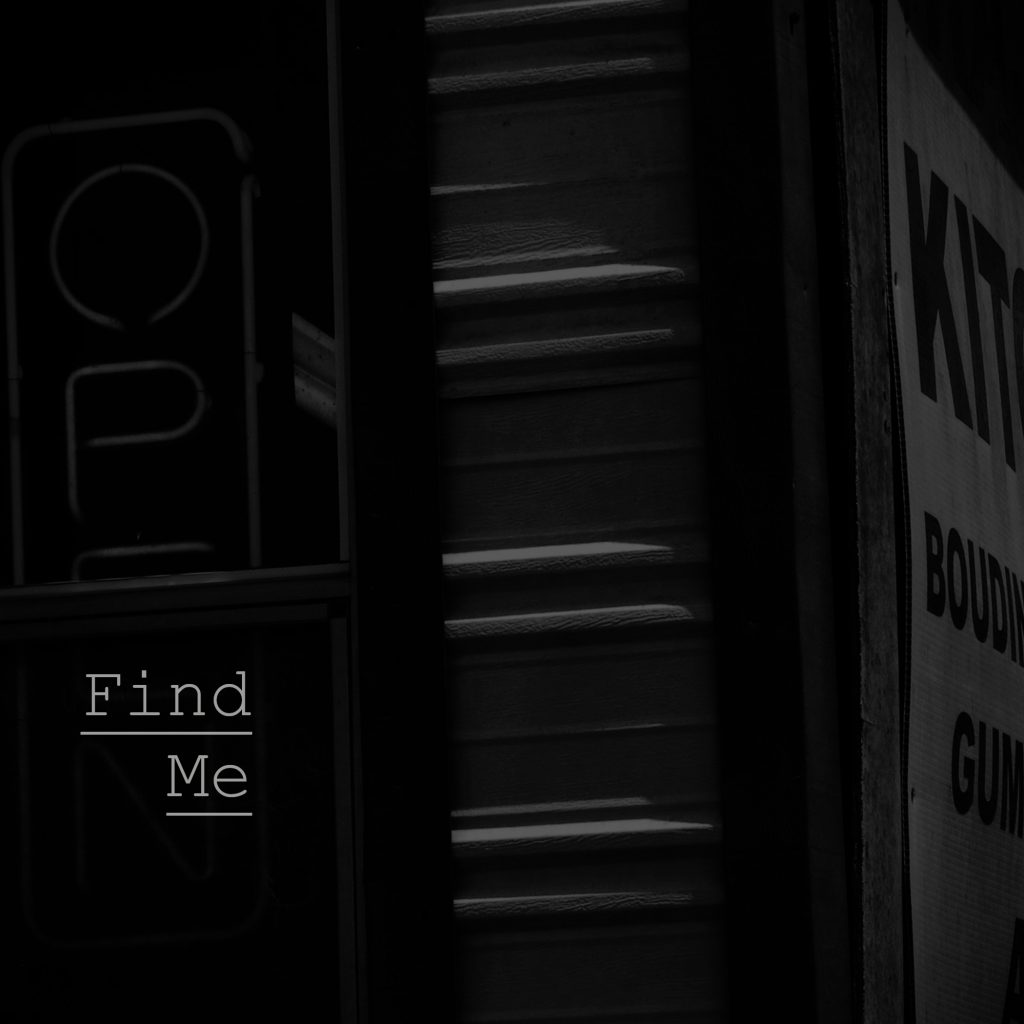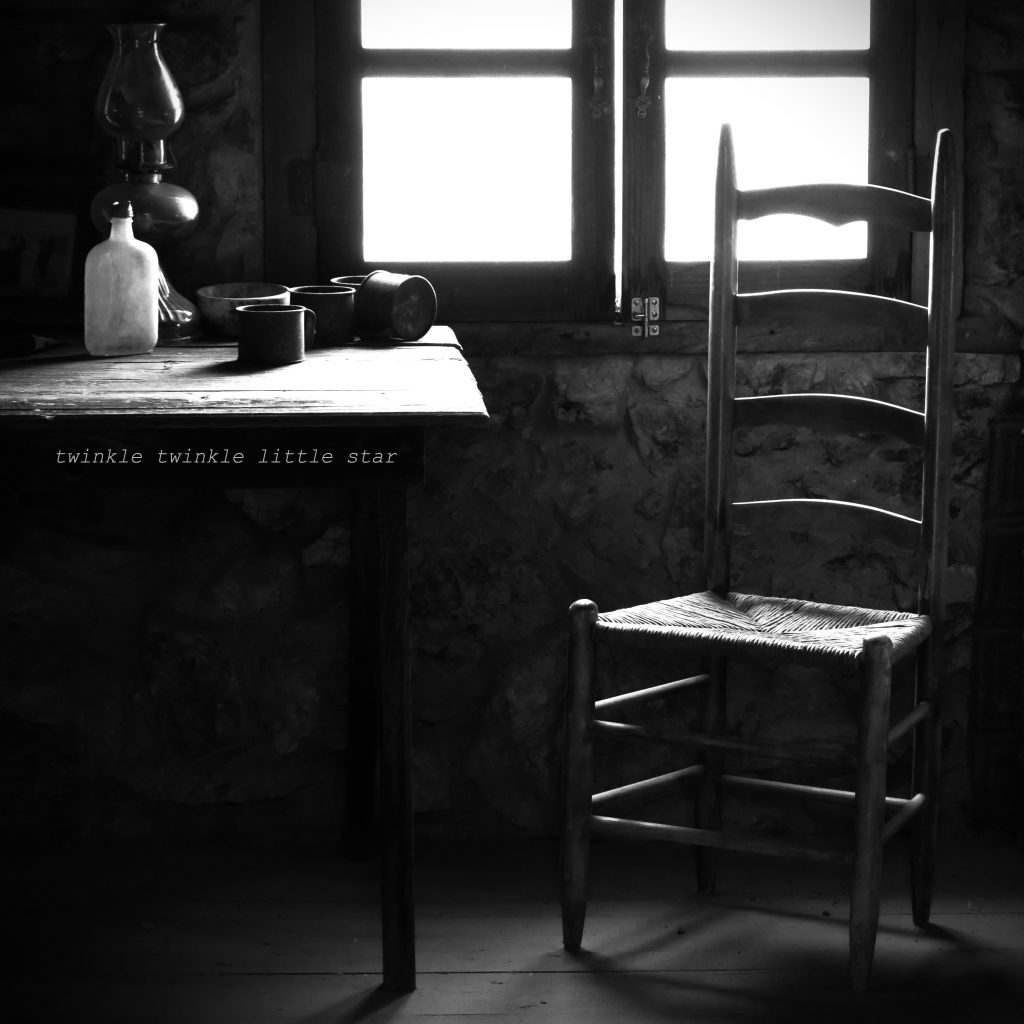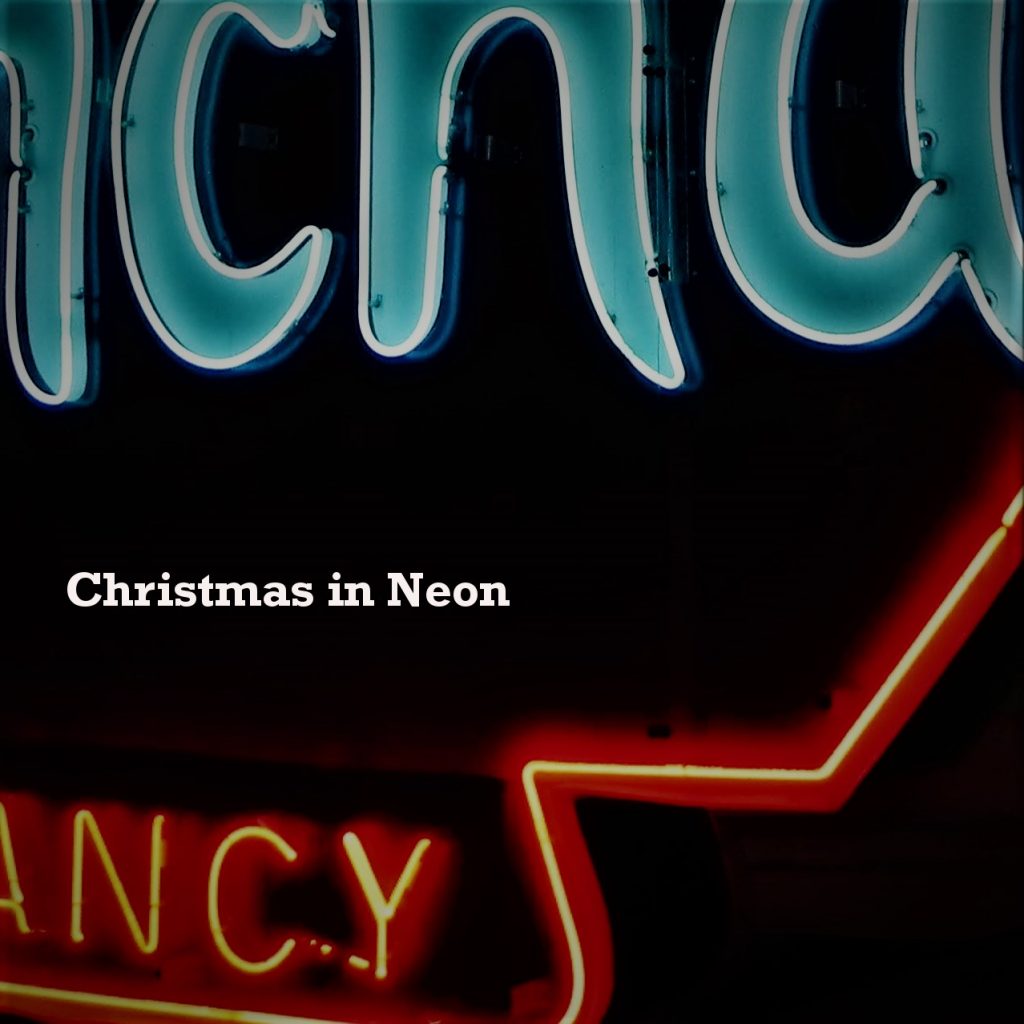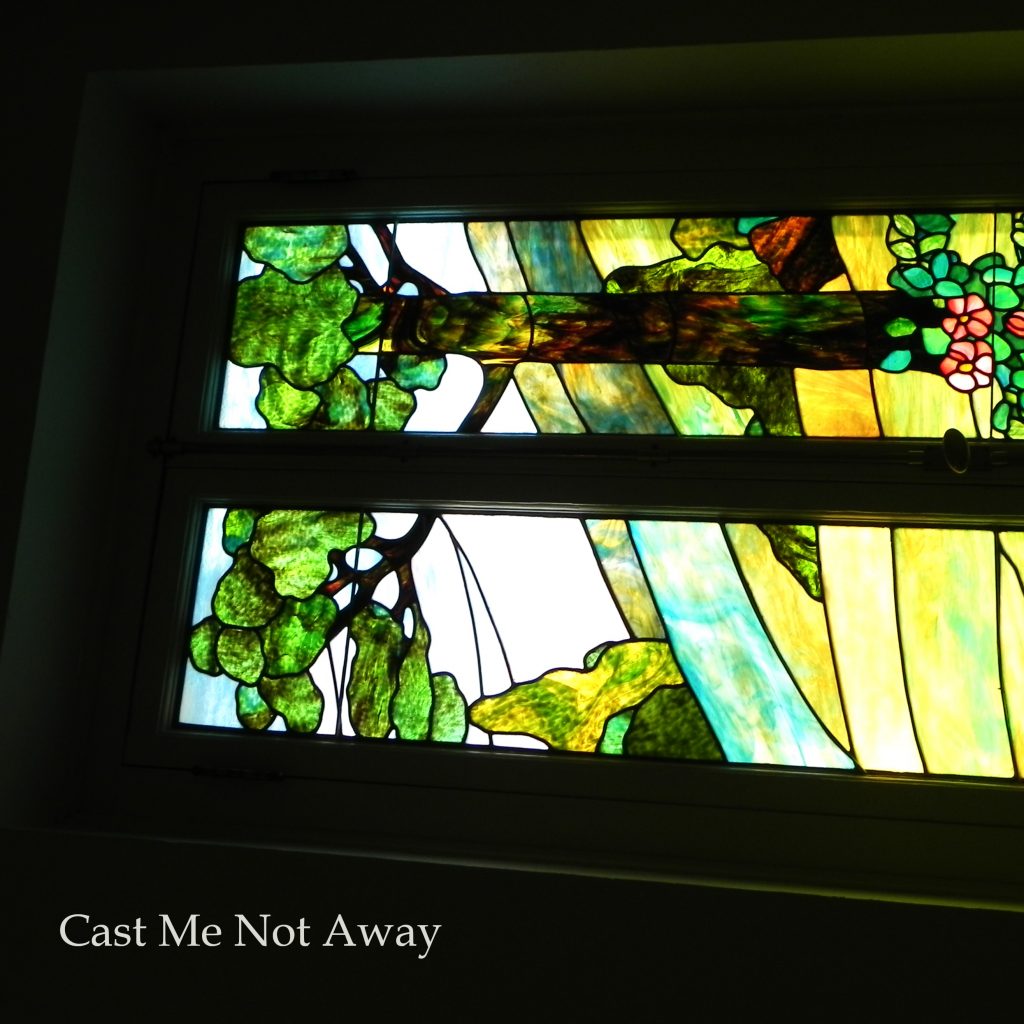
New song, available on Spotify, Apple Music, YouTube, Amazon, etc…
Cast Me Not Away based on Psalm 51
Cast me not away, o Lord
Hide thy visage from my sins
Broken spirit, broken bones
Blot out my transgressions
O God, make me to hear joy
With your lovingkindness
All throughout my days
Wash me, cleanse me of my sin
Grant me truth and mercy
Cast me not away
Shapen in iniquity
Wrought this evil in thy sight
Purge it when thou judgest me
Clean of soul and heart contrite
O God, make me to hear joy
With your lovingkindness
All throughout my days
Wash me, cleanse me of my sin
Grant me truth and mercy
Cast me not away

